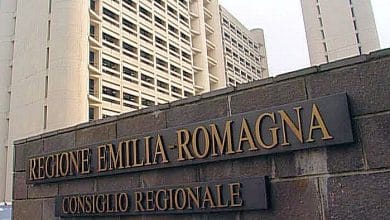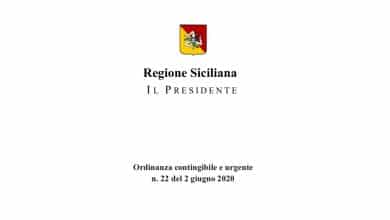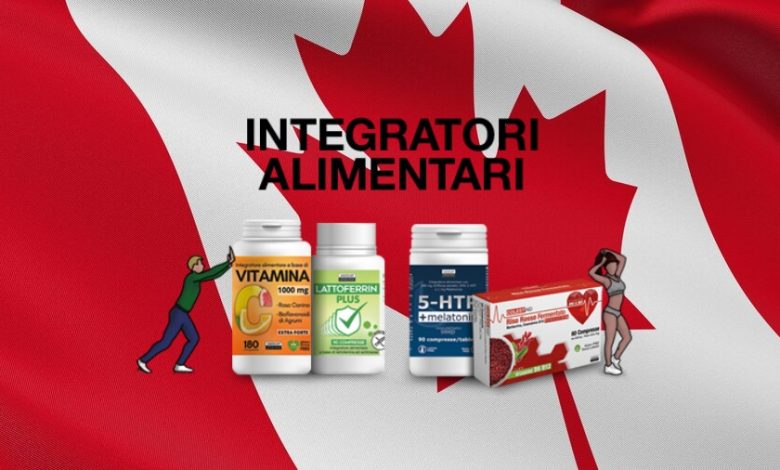
Why Canada wants to regulate natural supplements
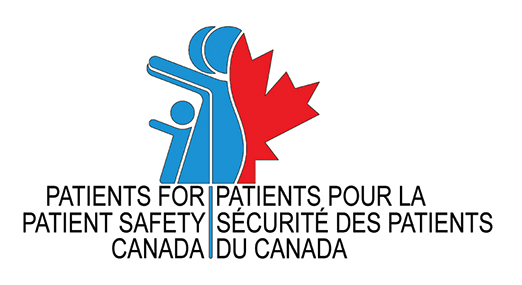 In recent weeks the government Canadian has proposed a number of new ones regulations to strengthen control over natural supplements, ie products that contain a combination of vitamins, minerals, herbs, plant extracts or other ingredients, intended to supplement the diet.
In recent weeks the government Canadian has proposed a number of new ones regulations to strengthen control over natural supplements, ie products that contain a combination of vitamins, minerals, herbs, plant extracts or other ingredients, intended to supplement the diet.
According to widespread by a Telegram group in recent weeks, the government would like to ban the sale of these products. It's actually about proposals regulations that would extend the health checks already envisaged for drugs by the so-called "reads Vanessa”, enacted in 2014 to protect Canadian citizens from potentially unsafe drugs. This legislation requires healthcare professionals to report adverse reactions associated with pharmaceutical products, a provision currently not required for natural health products, such as natural supplements.
Hence, pharmaceuticals and natural health products in Canada are regulated differently and separately. As reported by the ministry of Canadian Health, natural products shall be sure for use as pharmaceutical products, i.e. there must be a balance between its effectiveness in relation to the problem to be solved and the presence of any side effects, risky to health.
Natural products are not totally risk-free. These can in fact cause possible interactions with other drugs and create potentials side effects such as, for example, high blood pressure and blood clotting problems. Also, since supplements aren't treated like drugs, they don't even share the same manufacturing and approval standards. reserved to the latter by the Canadian Ministry of Health. TO difference of drugs, dietary supplements are not designed to diagnose, cure, prevent, or treat any specific disease.
Second the opinion of Steve Flindall, Toronto emergency doctor contacted by the Canadian newspaper 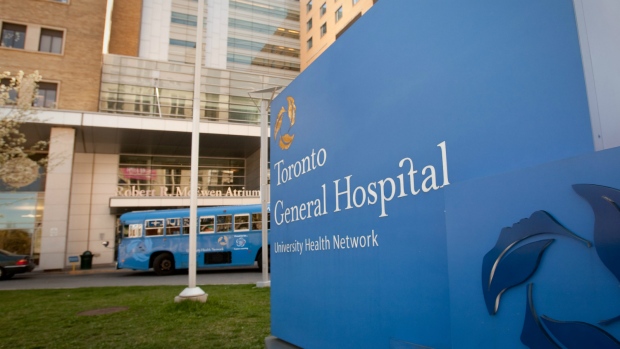 Global News, an aggravation of the symptoms of some diseases is usually associated with the use of natural products homeopathic (a practice of alternative medicine) as an alternative to medicines authorized and prescribed by a competent doctor. Again according to Flindall, in many cases, supplements are not properly accompanied by a list of potential side effects causing health problems in occasional consumers.
Global News, an aggravation of the symptoms of some diseases is usually associated with the use of natural products homeopathic (a practice of alternative medicine) as an alternative to medicines authorized and prescribed by a competent doctor. Again according to Flindall, in many cases, supplements are not properly accompanied by a list of potential side effects causing health problems in occasional consumers.
The proposal to extend the "Vanessa law" to natural products was received negatively by the Canadian health food association, representing the Canadian natural health products industry, arguing that the proposals have not been sufficiently studied or debated.
In conclusion, the proposed new regulations for natural health products in Canada stand arousing a wide debate fueled by disinformation, while the government argues that such regulations are necessary to ensure consumer safety. It will be necessary to wait for new developments to see how the situation will evolve and what details will be provided following a probable approval of the new health proposals. What we know for sure is that Canada has no intention of banning natural supplements from the market.
Note
… and in Italy?
The food supplements they are defined by the sector legislation (Directive 2002/46/EC, implemented with the legislative decree 21 May 2004, n. 169). The placing on the market of supplements is subject to the procedure 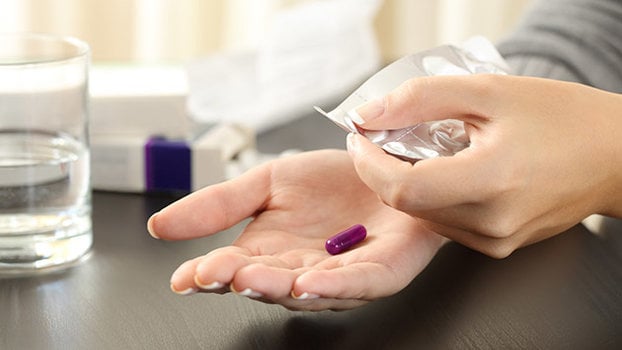 of notification of the label to the Ministry of Health. Once this procedure has been passed, the products are included in a special list with a specific code, the details of which can be shown on the same label
of notification of the label to the Ministry of Health. Once this procedure has been passed, the products are included in a special list with a specific code, the details of which can be shown on the same label
Food supplements therefore have a different marketing process, less complex and faster than medicines, still having to guarantee safety and quality to the final consumer. Unlike medicines (with the exception of OTC and SOP), which must be sold under medical prescription, food supplements are freely available in pharmacies, parapharmacies, herbal medicine shops and, for some, even in supermarkets.
This in no way detracts from the importance of the Doctor's role, who should always be informed of what the patient is taking, also to avoid possible drug interactions. Furthermore, a growing number of Doctors who are well aware of the importance of nutrition (and therefore also of its rational integration) are gaining significant experience in the sector, above all in relation to particularly advanced supplements.
The Covid-19 emergency is changing the promotion of food supplements, ei doctors (36%) and pharmacists (45%) they increasingly play a central role in the ways of communicating scientific information about these products.
The pharmacy, in particular, remains the most important sales channel for the sector, with a market share of 79% compared to a total turnover of almost 3.8 billion euros (in 2020, growing, with a forecast of close to 5 billion in sales in 2025). Parapharmacies and mass markets follow at a great distance (8% each) and the online channel closes, with a share of 5%. Not to forget the evidence observed in 2019 by the Censis Report on the social value of supplements, according to which almost one in two purchases is based on the advice of the doctor or pharmacist.
The manufacturers of supplements state that with "The rising cost of national health services, the supplement is increasingly considered as a useful resource to improve the quality of life and help contain health care costs."
According to the Code of Ethics of "Federsalus" and "Integratori Italia" (the two associations representing the manufacturers of supplements that have merged) "the scientific representatives (IS) delegated to the Commercial Communication of the Products although not subject to the requirements established for the scientific representatives of the drug (ISF) must be adequately trained in scientific matters relating to the functions, the advice and any warnings on the correct use of the supplements by qualified personnel indicated by the company, which prepares and is responsible for the Commercial Communications.
The SEs must present themselves to the Healthcare Operators identifying themselves in their qualification and function”.
The producers' associations continue: “Commercial Communication to Healthcare Professionals must comply with the General ethical and deontological principles. The companies are responsible for the scientific and/or promotional information activities carried out in relation to the Products, even in the event that they make use of third parties.
The contents of the Commercial Communication must always be documented and documentable when proposed by scientific representatives, commercial agents or other professionals however involved in the promotion of the Product”.
 At the Ministry of Health was established in 2021 a Technical table on supplements which directly involves trade associations. The working group has the objective of protecting the health of citizens, tackling and solving the open problems and those that will arise in the matter, proposing a common approach.
At the Ministry of Health was established in 2021 a Technical table on supplements which directly involves trade associations. The working group has the objective of protecting the health of citizens, tackling and solving the open problems and those that will arise in the matter, proposing a common approach.
The Emilia Romagna Region in its application (PG/2020/0048793 of 23/01/2020) to the regulation (DGR 2309/2016) on scientific information states the need to "extend the principles of transparency and traceability to professional figures other than drug sales representatives who also access the SSR structures with functions of information and promotion of drugs, medical devices and even supplements …” and continues that it is necessary to share “the principles of transparency and traceability to professionals other than drug sales representatives and that scientific information and the promotion of drugs, medical devices and supplements in the SSR structures constitute a significant activity, the performance of which must be guaranteed, in the compliance with the principles of traceability and transparency, on the one hand, and simplified management, on the other”.
NB: for simplification and brevity of exposure we speak of supplements, a term that in this case we mean extensively referring not only to supplements, but also to over-the-counter drugs, nutraceuticals, foods for special medical purposes, infant formula, dermo-cosmetics, medical devices, etc. ..
Related news: USA, FDA towards greater control over illegal supplements

